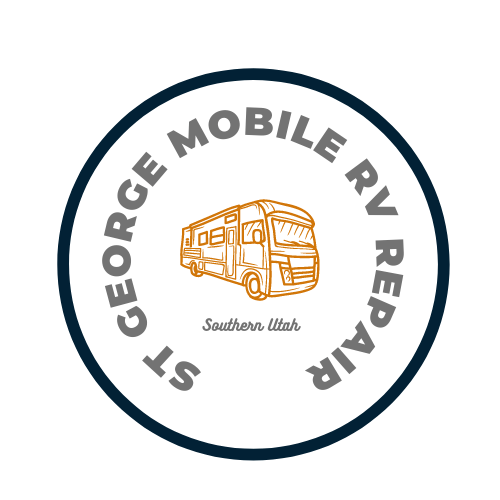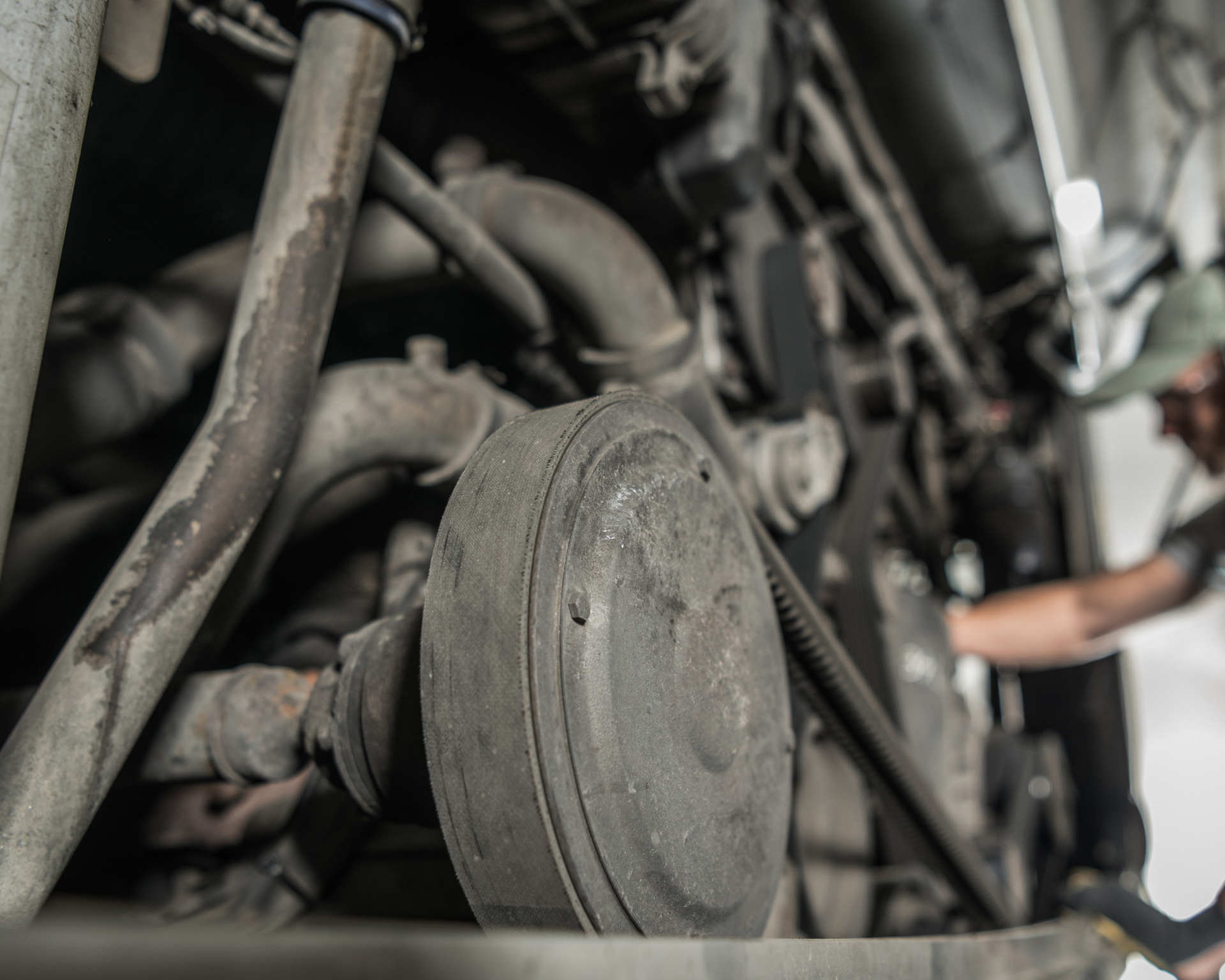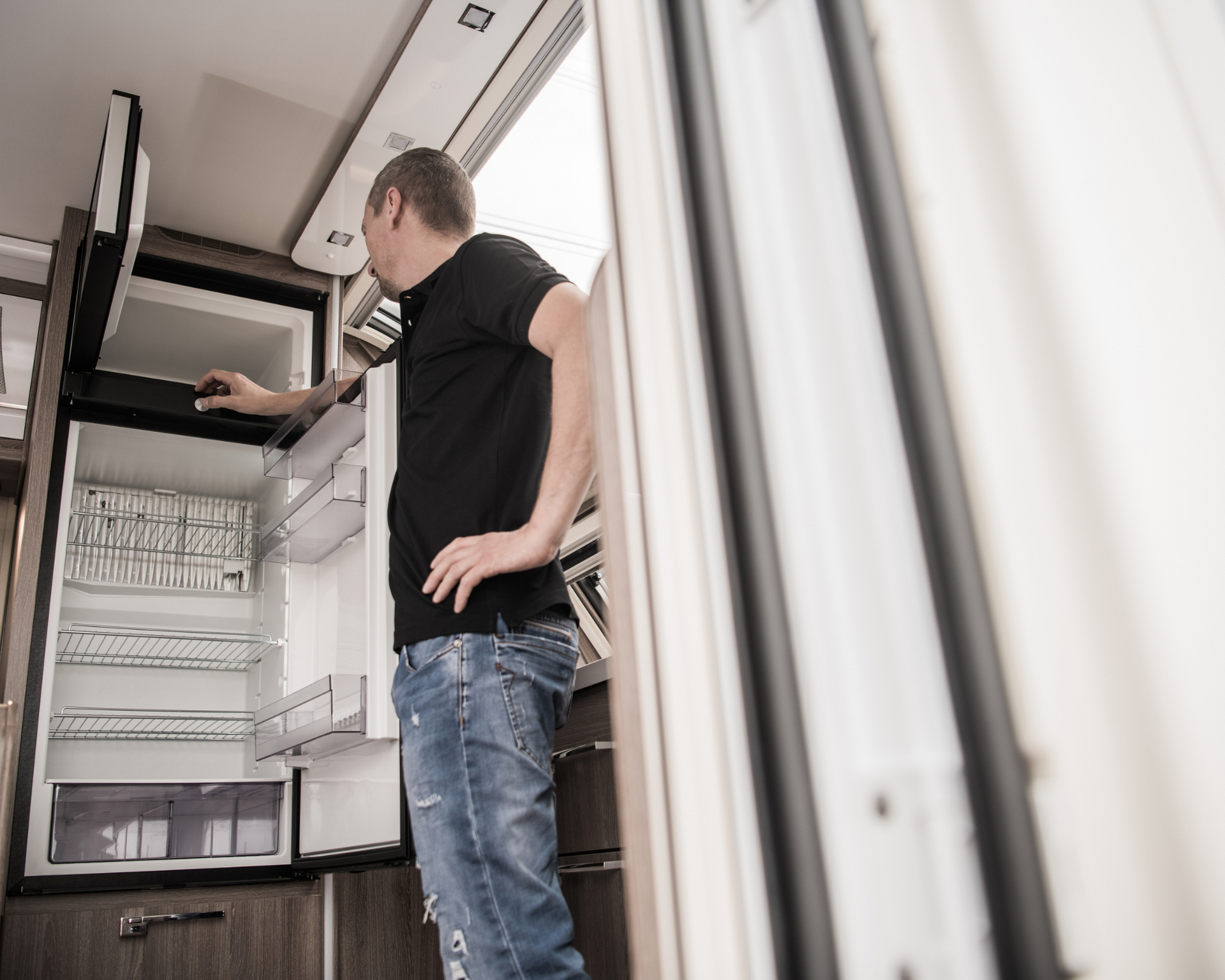RV Inspection Services
We provide emergency and non-emergency services throughout St. George and all of southern Utah. Our technicians are on duty 24 hours a day, 7 days a week, so you are never left out in the cold. We’re always on hand to help you out. Who repairs RV near me? We do!
RV inspections are critical for ensuring safety, functionality, and longevity of your vehicle. Below is a review of the most common and important RV inspections that can be performed, covering key systems and components. These inspections can be done by owners for routine maintenance or by the professionals at St. George Mobile RV Repairs for a more thorough evaluation, such as during pre-purchase or annual (or semi-annual) checks.
The Most Important RV Inspections are:
- Exterior InspectionRoof: Check for cracks, tears, or punctures in the roofing material (e.g., rubber, fiberglass). Inspect seals around vents, skylights, and air conditioners for leaks or deterioration. Clean debris to prevent water pooling.
- Seals and Caulking: Examine window, door, and compartment seals for cracks or gaps. Reseal as needed to prevent water intrusion.
- Sidewalls and Slide-Outs: Look for delamination, cracks, or damage on exterior walls. Ensure slide-outs operate smoothly and check their seals for watertightness.
- Awning: Extend and inspect for tears, mold, or mechanical issues.
- Tires: Check for proper inflation (per manufacturer specs), tread wear, and sidewall cracks. Verify tire age (replace every 5-7 years, regardless of tread).
- Undercarriage: Inspect for rust, loose bolts, or damage to the frame and suspension components.
- Plumbing System InspectionFresh Water System: Test water pump operation, check for leaks in hoses and fittings, and ensure proper pressure. Sanitize the fresh water tank annually.
- Gray and Black Water Tanks: Inspect for leaks, cracks, or clogs. Test tank sensors and flush valves for proper operation. Clean tanks regularly to prevent buildup.
- Water Heater: Check for rust, leaks, or sediment buildup. Test pressure relief valve and ensure burner or heating element functions properly.
- Pipes and Fittings: Look for leaks, corrosion, or damage, especially in cold climates where freezing can occur.
- Electrical System Inspection12V DC System: Test battery condition (charge, fluid levels for lead-acid batteries), check fuses, and ensure wiring is secure with no fraying or corrosion.
- 120V AC System: Inspect shore power cord for damage, test outlets, and verify GFCI functionality. Check breaker panel for tripped breakers or loose connections.
- Solar Panels (if equipped): Clean panels and check wiring and charge controller for proper operation.
- Generator: Run and test under load, check oil levels, and inspect exhaust for leaks.
- Propane System InspectionTanks and Lines: Check for leaks using a soapy water solution at connections. Ensure tanks are secure and regulators are functioning.
- Appliances: Test propane-powered appliances (stove, oven, furnace, water heater) for proper ignition and flame consistency.
- Safety Devices: Verify carbon monoxide (CO) and propane leak detectors are operational.
- Heating, Ventilation, and Air Conditioning (HVAC)Furnace: Test for proper ignition, clean burners, and check vents for blockages.
- Air Conditioner: Inspect filters, clean coils, and test cooling efficiency. Check for water leaks from condensation.
- Vents and Fans: Ensure roof vents and bathroom/kitchen fans operate smoothly and are free of obstructions.
- Chassis and Towing System (for towable RVs or motorized RVs)Brakes: Test brake response and inspect pads, rotors, or drums for wear. Check brake fluid levels in motorized RVs.
- Suspension: Look for worn shocks, springs, or bushings. Ensure proper alignment.
- Hitch (for towables): Inspect hitch components, safety chains, and breakaway switch for wear or damage.
- Engine and Transmission (for motorized RVs): Check fluid levels (oil, coolant, transmission), belts, hoses, and filters. Test for unusual noises or performance issues.
- Interior InspectionWater Damage: Check for soft spots, discoloration, or mold on walls, ceilings, and floors, especially near windows or slide-outs.
- Appliances: Test refrigerator (on electric and propane modes), microwave, and other built-in appliances for functionality.
- Furniture and Fixtures: Ensure cabinets, drawers, and beds are secure and operate correctly.
- Smoke and CO Detectors: Test batteries and functionality.
- Safety and Operational ChecksLights: Test exterior (brake, turn signals, running lights) and interior lights for proper operation.
- Emergency Systems: Verify fire extinguisher condition, check emergency exit windows, and ensure all safety equipment is accessible.
- Leveling Jacks: Test hydraulic or electric jacks for smooth operation and leaks.
Frequency and Tips
- Routine Inspections: You can perform basic checks (tires, seals, batteries, etc.) before every trip and monthly during camping season.
- Annual Inspections: To conduct a more comprehensive inspection, have our certified RV technicians perform the inspection in order to catch issues not easily spotted by RV owners alone.
- Pre-Purchase Inspections: Contact us when considering the purchase of a used RV to evaluate all systems thoroughly. Issues like water damage or faulty wiring can be costly after the purchase.
- Maintenance Records: Always keep a log of inspections and repairs to track maintenance history and identify recurring issues. This could be valuable for resale also.
Additional Notes
- Tools Needed: Keep basic tools (screwdrivers, tire pressure gauge, multimeter) on hand for small DIY repairs or inspections.
- Professional Help: For complex system issues (e.g., electrical, propane), consult our certified RV technicians to ensure safety and compliance with standards.
Call to ask what services we can provide for you.





